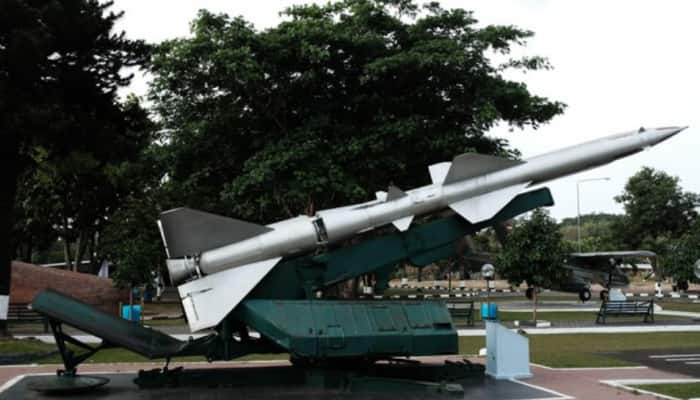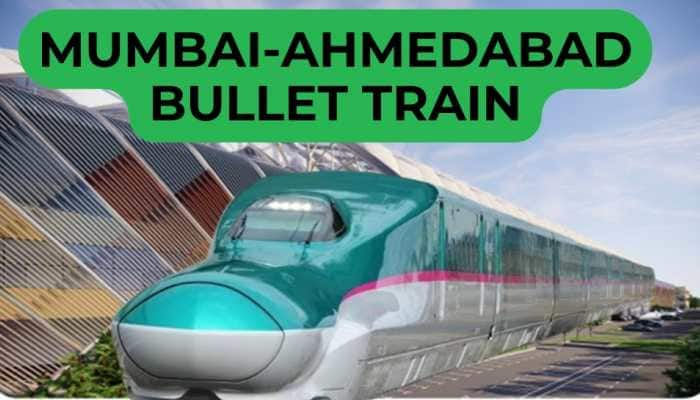Tamil Nadu erects walls at Andhra Pradesh's Chittoor border, demolishes later
The walls were built overnight on two highways connected to Chittoor, as part of measures taken by Tamil Nadu government to restrict inter-state movement.
Trending Photos
)
Chennai: The Tamil Nadu's Vellore district administration on Monday (April 27) demolished the two walls that were raised across roads bordering Andhra Pradesh to restrict inter-state movement of people and vehicles amid coronavirus lockdown in the country. The authorities demolished the walls after Andhra Pradesh's Chittoor district collector dialled its counterpart and raised the issued.
The Vellore district administration had unilaterally sealed its border with Andhra Pradesh's Chittoor district by erecting walls on a state highway in an attempt to prevent unauthorised arrival of people into the state ruled by E Palaniswami. According to reports, the cemented walls were built overnight on two highways connected to Chittoor, as part of measures taken by Tamil Nadu government to restrict movement so as to tackle the spread of infection. The walls were raised at Sainagunta and Ponnai check posts; whereas movement on four other check-posts - Paththalapalli, Paradarami, Christianpet and Serkadu was on as usual.
Confirming the development, Chittoor District Collector N Bharat Gupta said, "I called Vellore District Collector about walls being constructed on the border. He said the walls were built as per the government order and the inter-state movement of people has been stopped for now. However, in case of any emergency, we will allow the passage of people. Emergency transport services have not been stopped."
Earlier in the day, Vellore District Collector A Shanmuga Sundaram was quoted by PTI saying the walls have been constructed at the borders mainly to check unauthorised entry of people like migrant labourers, who use vehicles including buses to enter Tamil Nadu without any valid permission. "Some people, however, get access to vehicles and use them to get into Tamil Nadu taking advantage of crossings tucked away in very remote locations like Synagunda," he said.
"Since the chances of getting detected at the main border crossing is high, some people tend to use little-noticed locations in remote places," he pointed out adding the effort was aimed at preventing unauthorised entry or exit. He added that walls were a temporary arrangement and built without damaging the roads.
He said that normal movement of vehicles between Andhra Pradesh and Tamil Nadu has not been affected and the main border with Andhra Pradesh, on the Chittoor road, is open as usual.
Stay informed on all the latest news, real-time breaking news updates, and follow all the important headlines in india news and world News on Zee News.
Live Tv







)
)
)
)
)
)
)
)
)
)

